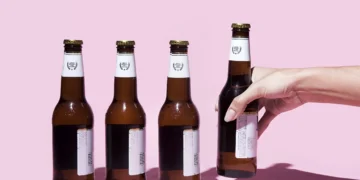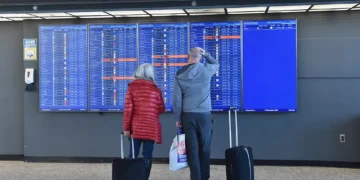As leaders of Small Island Developing States (SIDS) gather for the 4th International Conference on SIDS in Antigua this week, top United Nations and World Bank officials are calling for urgent action to help these nations tackle their unique challenges and plan for the next decade.
SIDS are a group of 38 countries, mostly located in the Pacific, Caribbean, and Atlantic Ocean regions, that face a multitude of challenges due to their small size and vulnerability to external factors such as climate change, economic shocks, and natural disasters. These challenges make it difficult for SIDS to achieve sustainable development and progress towards the UN’s Sustainable Development Goals (SDGs).
Selwin Hart, UN Special Adviser to the Secretary-General and Assistant Secretary-General for Climate Action, highlighted the urgent need for action, stating, “SIDS are on the frontlines of the climate crisis and are facing an existential threat. We must act now to support these nations in building resilience and achieving sustainable development.”
The 4th International Conference on SIDS, with the theme of “Building Resilience through Partnership towards a Sustainable Future,” aims to bring together leaders, policymakers, and stakeholders to discuss solutions and strategies for addressing the unique challenges faced by SIDS.
One of the main challenges for SIDS is their heavy dependence on tourism, which has been severely impacted by the ongoing COVID-19 pandemic. With travel restrictions and lockdowns, SIDS have seen a significant decline in their main source of income, leading to economic instability and job losses.
The World Bank estimates that SIDS will face a 12% decline in GDP in 2020, with tourism-dependent economies being the hardest hit. In light of this, the World Bank has called for increased financial support and debt relief for SIDS to help them weather the economic impacts of the pandemic.
In addition to the economic challenges, SIDS also face the devastating effects of climate change. Rising sea levels, more frequent and severe natural disasters, and ocean acidification threaten the very existence of these nations. This is why the UN has declared 2021-2030 as the Decade of Ocean Science for Sustainable Development, with a focus on supporting SIDS in building resilience and protecting their marine resources.
The UN and World Bank officials have emphasized the importance of partnerships in addressing the challenges faced by SIDS. This includes partnerships between SIDS themselves, with larger countries and international organizations, and with the private sector and civil society.
The UN has also launched the SIDS Solutions Platform, which aims to connect SIDS with innovative solutions and technologies to support their sustainable development efforts. The platform will also help facilitate partnerships and knowledge-sharing between SIDS and other stakeholders.
As the world looks towards recovery from the COVID-19 pandemic, it is crucial to ensure that SIDS are not left behind. These nations, despite their small size, have a significant role to play in the global community and must be supported in their efforts to achieve sustainable development.
The 4th International Conference on SIDS provides an opportunity for leaders to come together and chart a way forward for these nations. With a focus on building resilience, fostering partnerships, and harnessing innovative solutions, the conference can pave the way for a more sustainable and prosperous future for SIDS.
In his message to the conference, UN Secretary-General António Guterres stated, “SIDS are at the forefront of efforts to achieve the SDGs and the Paris Agreement on climate change. Supporting SIDS is not only a moral imperative, but it is also in the interest of the entire international community.”
As we look towards the next decade, let us stand in solidarity with SIDS and work together to help them overcome their unique challenges and build a more sustainable future for all. Let us use this conference as a platform to take concrete actions and make a positive impact on the lives of the people of SIDS.




